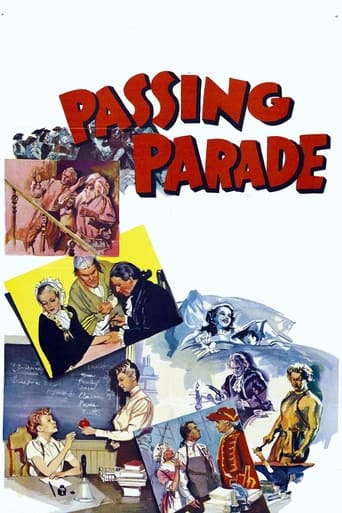
15 Nov 1941

Strange Testament
This MGM Passing Parade series short tells the story of Julian Poydras, whose encounter with a girl at Mardi Gras had a profound effect on his later life.
This John Nesbitt's Passing Parade short takes a look at the typical American barbershop throughout the years.

Narrator (voice)

Tipster in Barber Chair (uncredited)

Old Time Barber (uncredited)

Pete Ramson (uncredited)

Tobacco Chewer (uncredited)

Banker (uncredited)
Barbershop Customer (uncredited)

Laughing Man (uncredited)
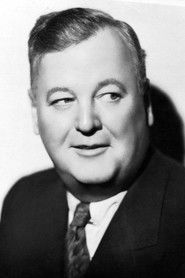
Laughing Man (uncredited)

Old Time Storyteller (uncredited)

Barber (uncredited)

Contemporary Barber at Middle Chair (uncredited)

Rival Barber (uncredited)

15 Nov 1941

This MGM Passing Parade series short tells the story of Julian Poydras, whose encounter with a girl at Mardi Gras had a profound effect on his later life.

07 May 1949

Historical short showing how Eli Whitney (best known for the invention of the cotton gin) played a significant role in the introduction of mass production techniques to the USA in the late 18th century.

04 May 2020

No overview found
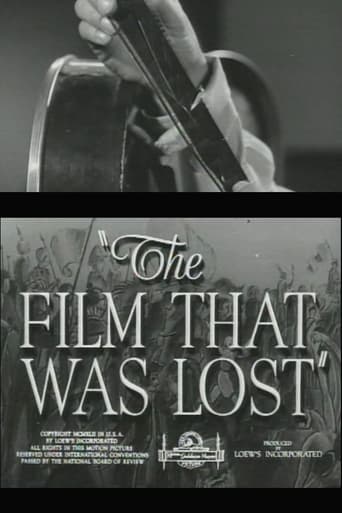
31 Oct 1942

In this John Nesbitt's Passing Parade short, a look is taken at the problems of film preservation efforts in the 1930s and early 1940s.

22 Jul 1939

This John Nesbitt's Passing Parade short tells the story of John Peter Zenger, who in Colonial New York was tried for sedition based on what he printed in his newspaper.

17 Jun 1939

Made just before America would be forced into the Second World War, this short subject is a brief dramatized history of American democracy. It targets a perceived threat to democracy from board room and soapbox fascists who advocated a government based upon contemporaneous European models.
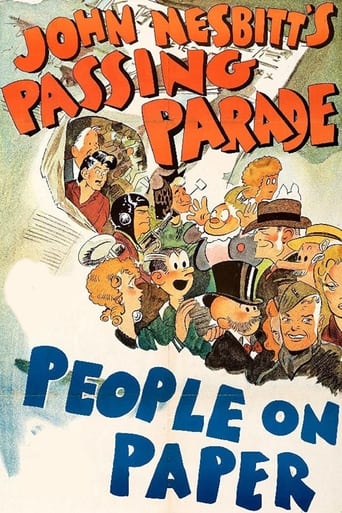
17 Nov 1945

Americans are preoccupied with the news, but need an escape from many of the events reported in the news. These escapes in the past have included dime store novels. The most accessible of these escapes is what are known as the funny papers, the set of serialized comic strips that are included within many newspapers. They appeal to all socio-economic classes, and all ages. Some of the earliest known from the late 19th century include the Yellow Kid, Little Nemo, Happy Hooligan, the Katzenjammer Kids, Mutt & Jeff, and Bringing Up Father. Many cartoonists are seen in action. Some originated their characters, while others have taken over following the passing of the originator. The joy of many comic strips are the absurd and the fantastical, which are limited only by the imagination of the cartoonist. Others are grounded in reality, which add to their poignancy within the public mindset.
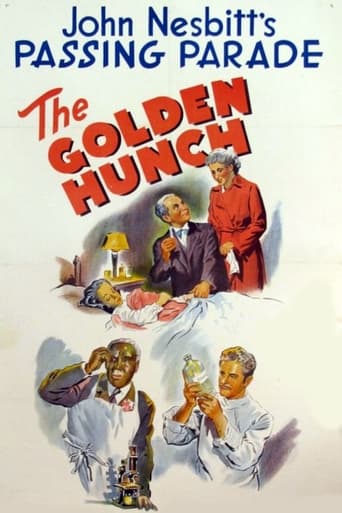
15 Nov 1945

This entry in John Nesbitt's "Passing Parade" series is about the great moments in the lives of famous men who found found an answer or made a great discovery in the flash of a golden hunch.
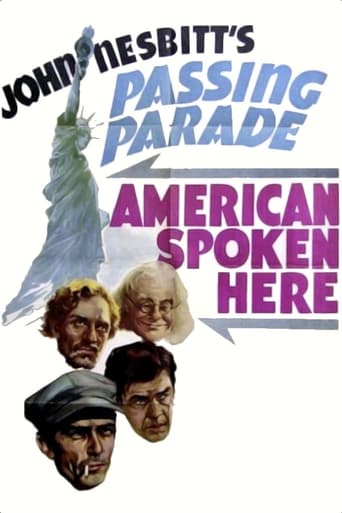
30 Nov 1940

This MGM John Nesbitt's Passing Parade series short takes a look at the origins of North American slang.
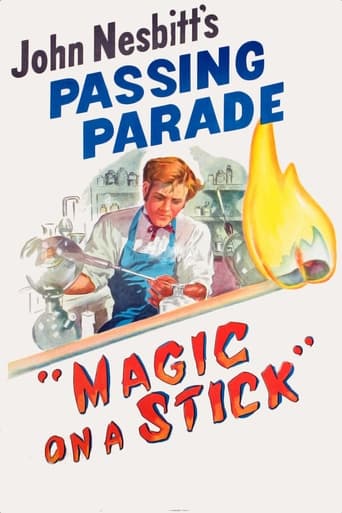
19 Jan 1946

This MGM Passing Parade series short recounts how English chemist John Walker invented the wooden friction match during the 1820s.

24 Jan 1942

This John Nesbitt's Passing Parade short explores the origins of various customs such as shaking hands, kissing, and why ships are christened.
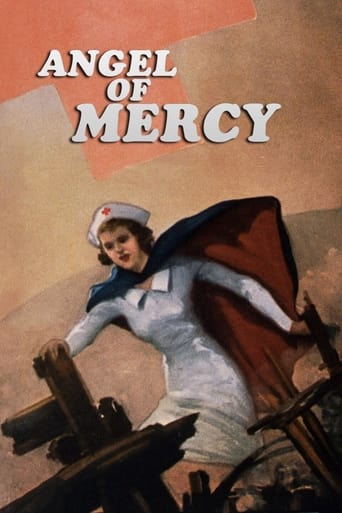
20 May 1939

This MGM Passing Parade series short tells the story of Clara Barton, the founder of the Red Cross.
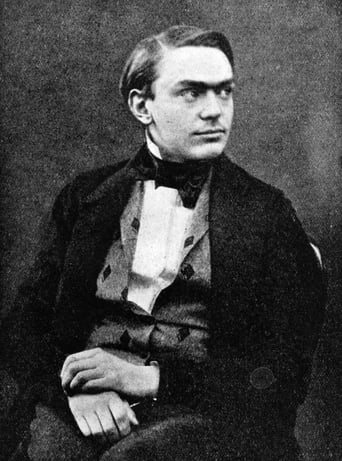
18 Feb 1939

This John Nesbitt's Passing Parade short tells the story of Alfred Nobel, who invented dynamite, and later established the Nobel Prize.

19 Jun 1948

This MGM John Nesbitt's Passing Parade series short tells the story of how a Mauser pistol used on the battlefield by Germans during WWII makes its way into the hands of an American gangster.
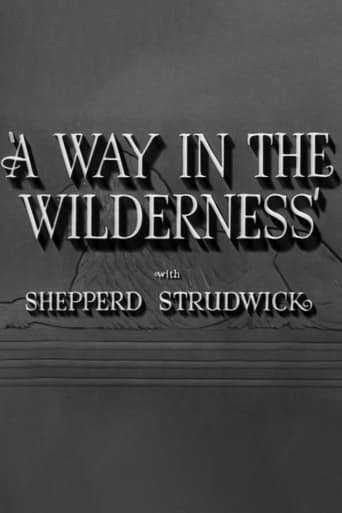
22 Jun 1940

This Passing Parade entry tells the story of Dr. Joseph Goldberger (1874-1929), a Hungarian immigrant who devoted his life to finding the cause of pellagra, a disease that killed hundreds of thousands in the southern United States. Although the medical community believed that the condition was caused by a virus, Goldberger proved that a healthy diet was the cure.
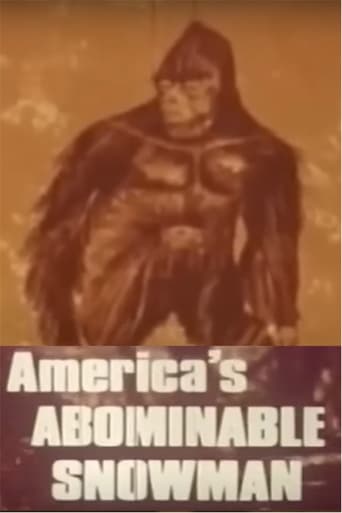
27 Jul 1968

Bigfoot: America's Abominable Snowman focuses on the legend of Bigfoot/Sasquatch throughout North America. Dr. John Napier acts as host and analyst of the evidence presented in the documentary, including Roger Patterson's famous October 1967 film allegedly showing a Bigfoot in Northern California (Bluff Creek). Numerous eyewitness testimonies are given along with expert opinions on the subject matter.
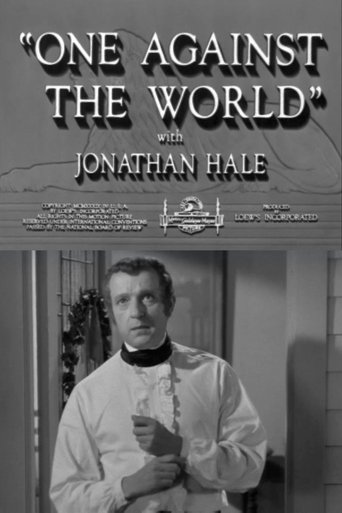
19 Aug 1939

This short film presents the story of Dr. Ephraim McDowell, who came under scrutiny for his pioneering of surgical practices.
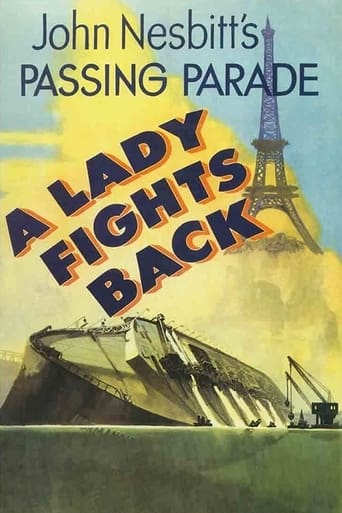
11 Nov 1944

The saga of the Normandie is recounted from her life as a luxury liner, the horrific fire that nearly destroyed her, and her resuscitation to join in the war effort. A John Nesbitt's Passing Parade short.
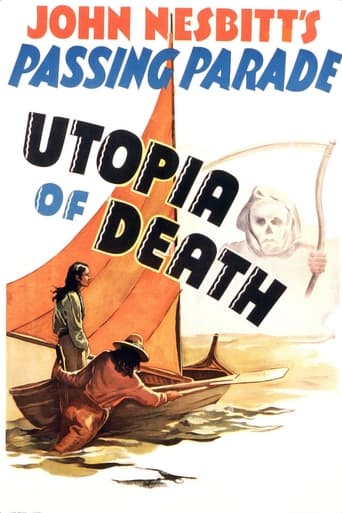
12 Oct 1940

This short film focuses on the mysterious and legendary Seri Indians who live in a utopian colony off the west coast of Mexico.
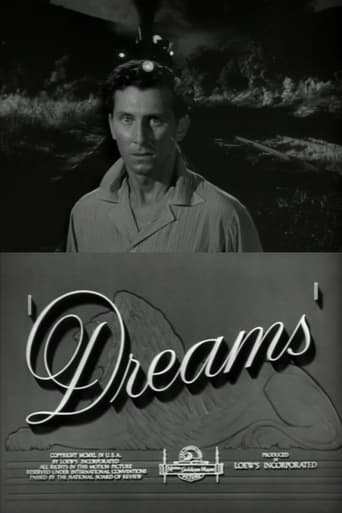
10 Nov 1940

This entry in MGM's Passing Parade series looks at the meaning of dreams, including one by Abraham Lincoln that foretold his death.